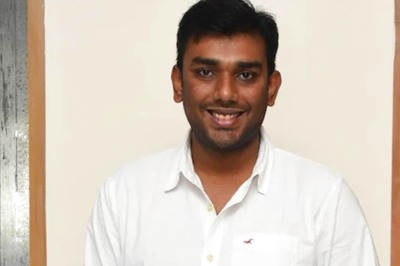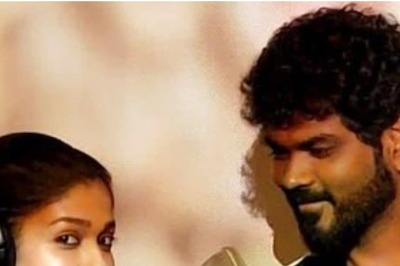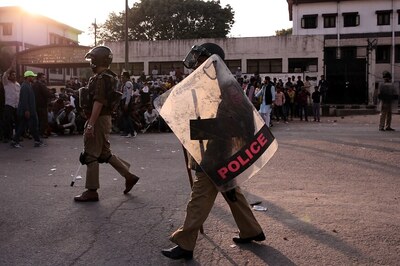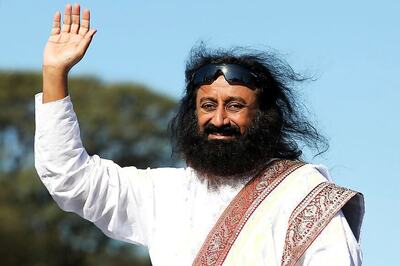
views
New Delhi: The Supreme Court’s decision to recall its March 2018 order on the SC/ST Prevention of Atrocities Act is likely to spark a movement within the depressed classes.
On Tuesday, the apex court recalled its direction in the March 20, 2018, verdict which had diluted provisions of arrest under the Scheduled Castes and Tribes (Prevention of Atrocities) Act, 1989.
A three-judge bench consisting of Justices Arun Mishra, MR Shah and BR Gavai, in its ruling, contended that the struggles of SC/ST communities are still not over in the country as they continue to face untouchability, abuse and treated as outcasts.
On Friday, the three-judge bench said it favoured stringent laws on atrocities against SCs and STs and said it wouldn't “dilute the provisions of the SC/ST act”. It also said that it will soon deliver a brief order on a bunch of petitions that challenged the amendments by the government that had nullified a 2018 judgment diluting the SC/ST Act.
“This is not a one-off thing. We are going to launch a two-year battle to see to it that these observations made by the Supreme Court are publicised in society and in every government department,” said Rakesh Bahadur, a member of All India Ambedkar Mahasabha.
On Tuesday, the SC bench said, “We are compelled to observe that SCs/STs are still making the struggle for equality and for exercising civil rights in various areas of the country. The members of the Scheduled Castes and Scheduled Tribes are still discriminated against in various parts of the country. In spite of reservation, the fruits of development have not reached to them, by and large, they remain unequal and vulnerable section of society."
Satyawan Saroha, a leader of the Haryana SC Employees Federation, said an 'education campaign' will be launched across the country highlighting the plight of the depressed classes. "We will publish and circulate pamphlets, booklets and other educative material to inform not just members of the depressed sections of society, but more importantly to hold discussions with members of non-SC/ST sections of society on these issues."
The Supreme Court bench had also observed that untouchability was a reality even 70 years after independence.
"In certain areas, women are not treated with dignity and honour and are sexually abused in various forms. We see sewer workers dying due to poisonous gases in chambers. They are like death traps. We have not been able to provide the masks and oxygen cylinders for entering in sewer chambers, we cannot leave them to die like this and avoid tortious liability concerned with officials/machinery, and they are still discriminated within society in the matter of enjoying their civil rights and cannot live with human dignity,” the bench had said.
RP Singh of Arakshan Bachao Sangharsh Samiti told News18 his organisation was planning to bring out a status report on the atrocities on SCs/STs annually and start a massive country-wide signature campaign.
"We will organise meetings, camps and marches till November 2021 and end the same on November 26, 2021, to hand over at least one crore signature to the nation against atrocities on SC/STs. We will approach the government... Also approach and write to corporate houses to help us in these efforts.”
On April 2 last year, thousands of Dalits across the country had taken to the streets in over a dozen cities and towns to protest against a Supreme Court ruling that was perceived to have diluted the norms provisions of the above Act.
The protests during the ‘Bharat Bandh’ soon turned violent. Dalit protestors alleged they were attacked at multiple places by upper-caste mobs and police used excessive force against them. Over a dozen Dalit people were killed and hundreds were injured.




















Comments
0 comment